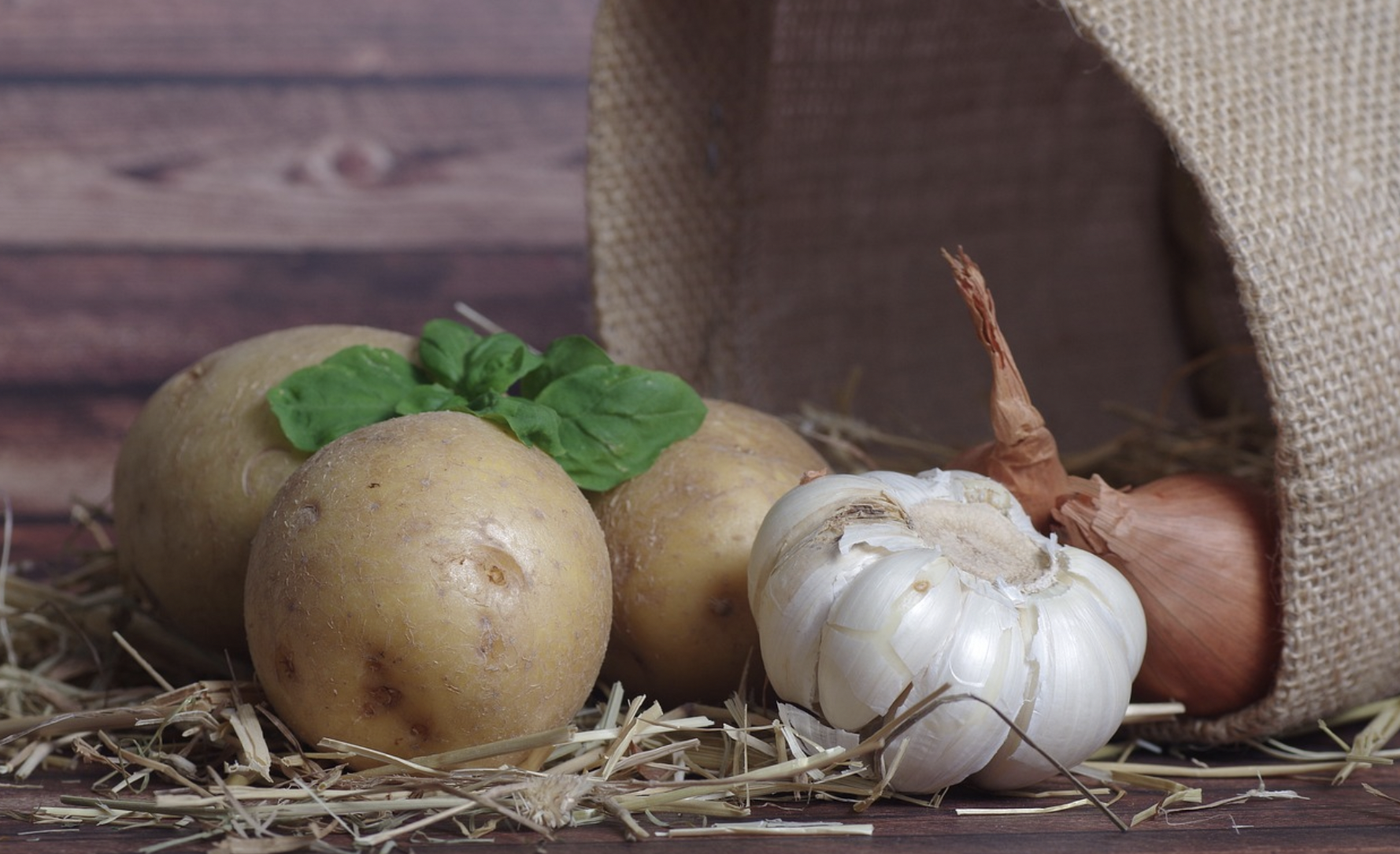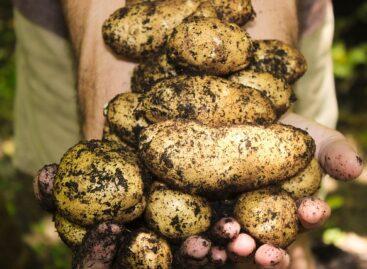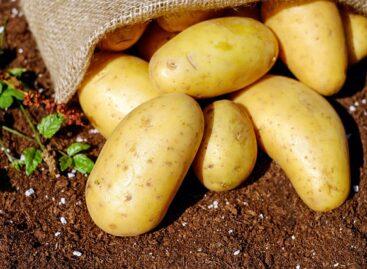Potatoes and onions are also in short supply in stores
Domestic horticulture is facing a difficult decision. Due to the high energy prices, many people would rather bring the goods to the market quickly, as the cost of storage has skyrocketed in recent months. By the end of the year, domestic root vegetables, onions and potatoes may also disappear from the offer.

At present, there are few modern storage facilities in Hungary
“Vegetables are always more expensive in winter, because then gardeners have to factor storage costs into the transfer prices. However, according to the specialist, an extraordinary situation has developed in the sector this year”
– said Ferenc Ledó, head of the vegetable growing sub-department of the National Chamber of Agriculture, to VG.
“This year, an extraordinary situation has developed in the sector. We are facing a critical period, as the drastic increase in energy prices greatly increases storage costs. Therefore, the majority of producers are now thinking about whether it is worth storing vegetables at all, or whether they would be better off if the harvest after that, they sell the crops next to the fields”
the specialist pointed out.
Related news
Potato situation in Hungary: cheaper, but not without problems
Potatoes, as a staple food, are in the spotlight every…
Read more >Infection risk from fresh vegetables: the McDonald’s E. coli outbreak and the challenges of fast food
American fast food chains were forced to take a drastic…
Read more >A rise in prices is expected on the potato market: Poland and Europe are also affected
Although potatoes were still relatively cheap in Poland at the…
Read more >Related news
Recognition of Consumer Protection Excellence: Honoring the Best of 2024
This year’s outstanding consumer protection officers and special award recipients…
Read more >The Joy of Giving! – SPAR stores collect non-perishable food for people in need
The Hungarian Maltese Charity Service and SPAR Hungary have launched…
Read more >KSH: industrial production decreased by 0.2 percent in October
In October, the volume of industrial production fell by 0.2…
Read more >








